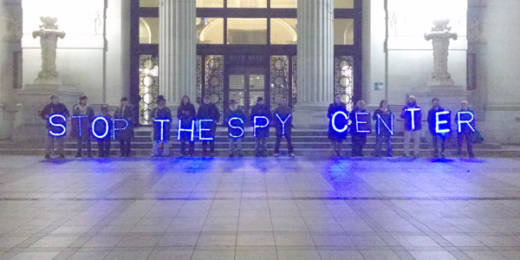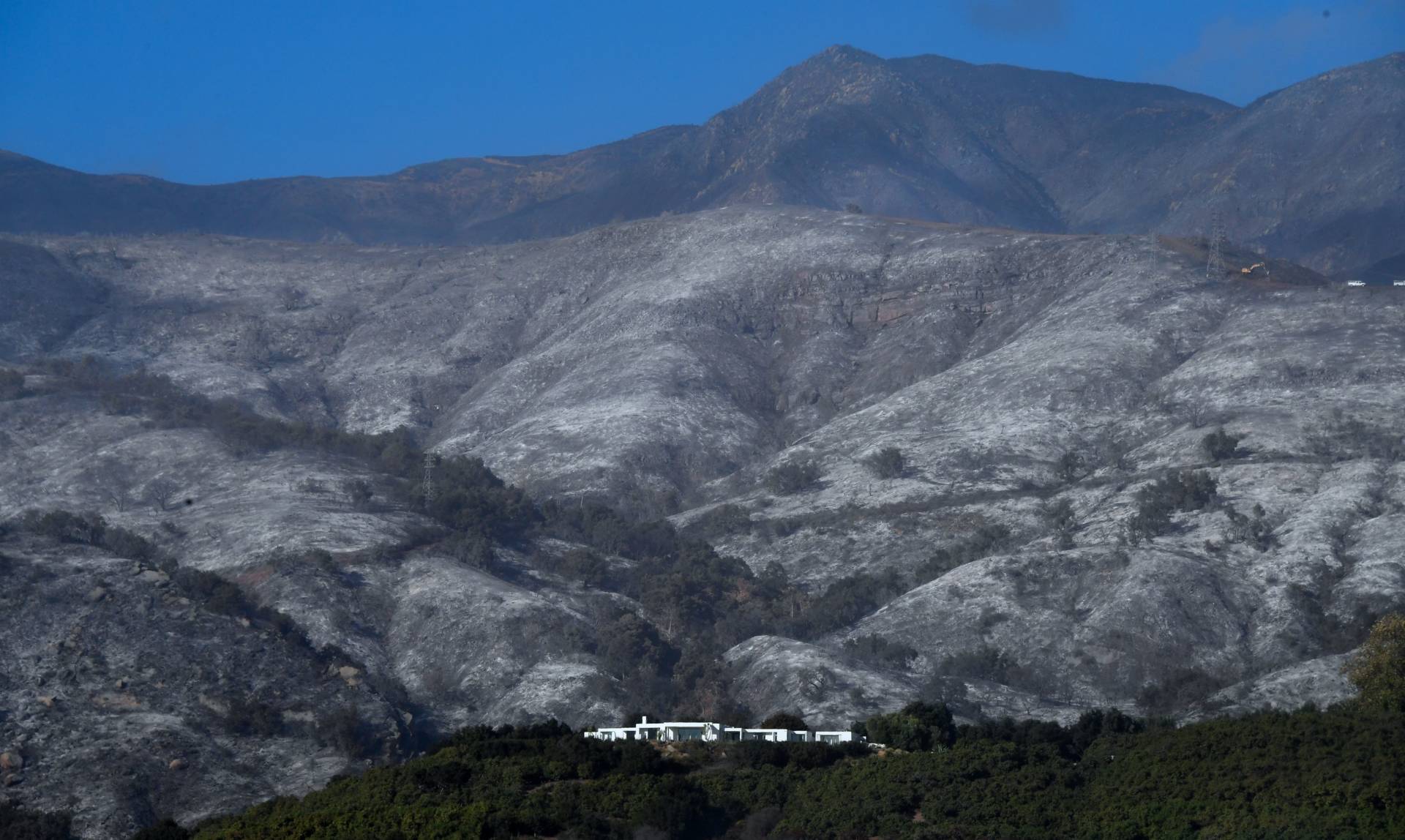TELEVISION
Friday, April 11, 2014 at 8pm on KQED 9
The 30-minute television special examines cutting-edge crime-fighting technologies that also raise concerns about privacy and the presumption of innocence.
RADIO
Friday, April 11, 2014 on KQED 88.5 FM as part of The California Report at 5:50am, 6:50am and 8:50am. The California Report also airs on public radio stations statewide.
ONLINE
Articles on KQEDNews.org and CIRonline.org
State of Surveillance is the seventh special in KQED’s and CIR’s multimedia partnership. The two news organizations most recently produced Hunger in the Valley, which exposed the hunger epidemic in California’s fertile and productive Central Valley. Previous specials include Life After War: California Veterans, which investigated the challenges faced by soldiers upon their return home; A Church Divided, which took a close look at homosexuality and Christian doctrine; Prison Break, which looked into the impact of Governor Jerry Brown’s far-reaching efforts to overhaul California’s prison system; Republic of Cannabis, which explored California’s marijuana trade; and On Shaky Ground, an investigation into the seismic safety of public schools that prompted calls for change.
About KQED
KQED serves the people of Northern California with a public-supported alternative to commercial media. Home to one of the most listened-to public radio stations in the nation, one of the highest-rated public television services, an award-winning education program and innovative interactive technology, KQED takes people of all ages on journeys of exploration — exposing them to new people, places and ideas.
As other news organizations have shrunk, KQED has expanded its efforts to cover the issues and events that are important to the Bay Area. As the most trusted source of news in the Bay Area, KQED is a multiplatform operation with offices and bureaus in San Francisco, Silicon Valley, Sacramento, Fresno and Los Angeles. KQED News programs include KQED NEWSROOM; current affairs specials produced in collaboration with The Center for Investigative Reporting; The California Report; Forum; 18 weekday news broadcasts on KQED Public Radio and the popular blogs News Fix, State of Health, MindShift and The Lowdown. Stories from all KQED news programs are featured online at KQEDnews.org.
About The Center for Investigative Reporting
Investigative reporting is an essential pillar of a democratic society. For more than three decades, The Center for Investigative Reporting (CIR) has relentlessly pursued and revealed injustices that otherwise would remain hidden from the public. Today, we’re upholding this legacy and looking forward, working at the forefront of journalistic innovation to tell the stories that make a difference and reach diverse audiences of all ages, across the aisle and worldwide. CIR stories appear in hundreds of news outlets, including NPR News, PBS Frontline, PBS NewsHour, CNN, the Los Angeles Times, The New York Times, The Washington Post, the San Francisco Chronicle, The Sacramento Bee, The Daily Beast and American Public Media’s Marketplace. CIR stories have received numerous journalism awards including the Alfred I. duPont-Columbia University Silver Baton, George Polk Award, Emmy Award, Investigative Reporters and Editors Award, and the MacArthur Award for Creative and Effective Institutions. Its reports have sparked state and federal hearings and legislation, public-interest lawsuits and changes in corporate policies. For more information, please visit CIRonline.org.

